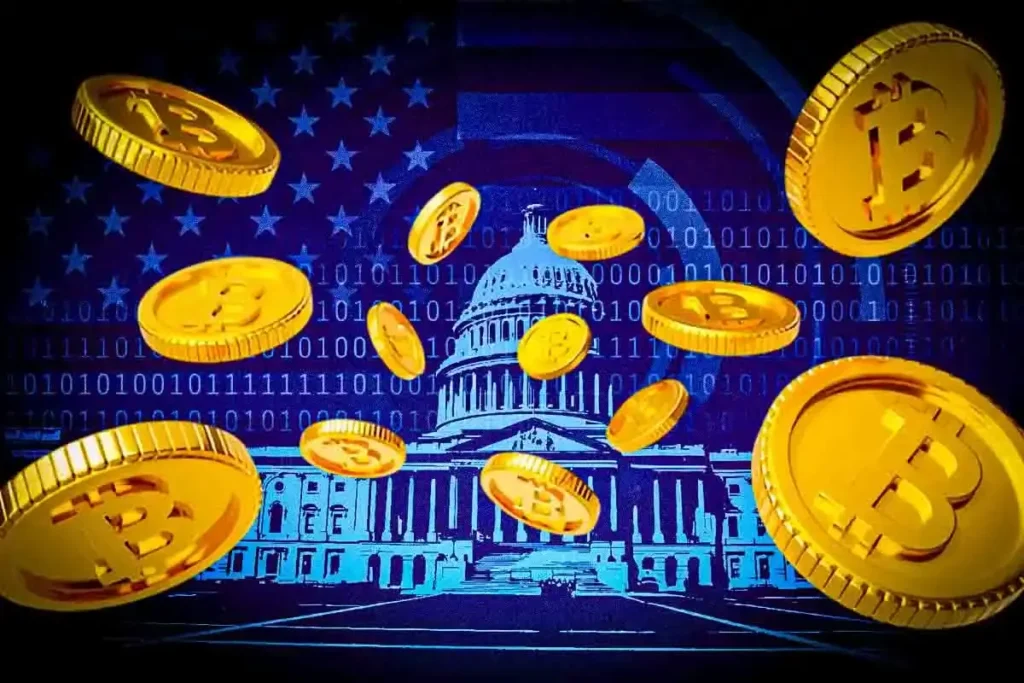Senate Finance Committee to Host Crypto Taxation Hearing: A New Era for Digital Asset Regulation
The landscape of cryptocurrency taxation in the United States is poised for significant changes as the Senate Finance Committee gears up for a crucial hearing titled “Examining the Taxation of Digital Assets.” Scheduled for October 1, this event stems from an increasing demand for regulatory clarity in the ever-evolving crypto industry, especially amid the ongoing efforts of the Trump administration to address these concerns. The hearing will feature key witnesses, including notable figures like Larry Zlatkin, Vice President of Tax at Coinbase Global, and Jason Somensatto, Director of Policy at Coin Center. Their insights will help shape the future of how digital assets are regulated and taxed in the U.S.
The Senate Finance Committee recently called for public comment regarding the treatment of digital assets under existing laws and the potential need for new legislation. This proactive approach reflects an acknowledgment that cryptos like Bitcoin and Ethereum cannot be neatly classified under current tax frameworks. With emerging discussions about how the IRS should categorize digital assets, this hearing might serve as a landmark event paving the way for a more structured approach to crypto taxation.
One of the significant talking points expected to arise during the hearing is rooted in a White House crypto policy report that made recommendations on this front. The Digital Asset Working Group under the Trump administration has advocated for the classification of cryptocurrency as a distinct asset class. They proposed modifying existing tax rules typically applied to commodities and securities to better align with the unique characteristics of digital assets. Such alterations could have lasting implications for investors and crypto companies alike, setting a foundational precedent for future regulations.
In tandem with these efforts, Senator Cynthia Lummis, a strong advocate for crypto-friendly policies, has put forth a legislative proposal aimed at reforming the tax framework surrounding digital transactions. Her bill intends to lessen the tax burden on Bitcoin transactions by addressing the challenges of double taxation and instituting a de minimis exemption for transactions under $300. These reforms could incentivize wider adoption of cryptocurrencies, encouraging more individuals to integrate digital assets into their financial portfolios without the fear of onerous tax implications.
However, the hearing and potential progress toward crypto taxation reform come amid uncertainty surrounding a looming government shutdown. Lawmakers face a tight deadline to pass a short-term funding bill by September 30 to avert funding disruptions. If these funding issues are not addressed, it could result in delays not only for the crypto tax hearing but also for other critical legislative initiatives, including the crucial markup of the crypto market structure.
As the date for the hearing approaches, stakeholders within the crypto space are hopeful that it will foster a productive dialogue to facilitate long-overdue reform in the taxation of digital assets. The interplay between legislative action and the crypto market remains a subject of intense scrutiny, and the outcomes of this hearing could deeply influence the way digital assets are perceived and treated under U.S. tax law. By providing a pathway toward clear regulations, these discussions will not only benefit investors but also contribute to a more robust and transparent crypto ecosystem moving into the future.


